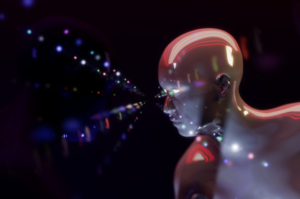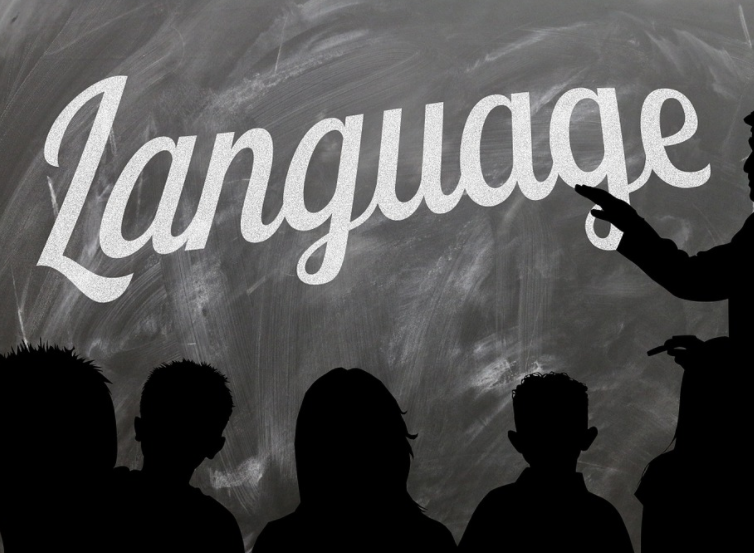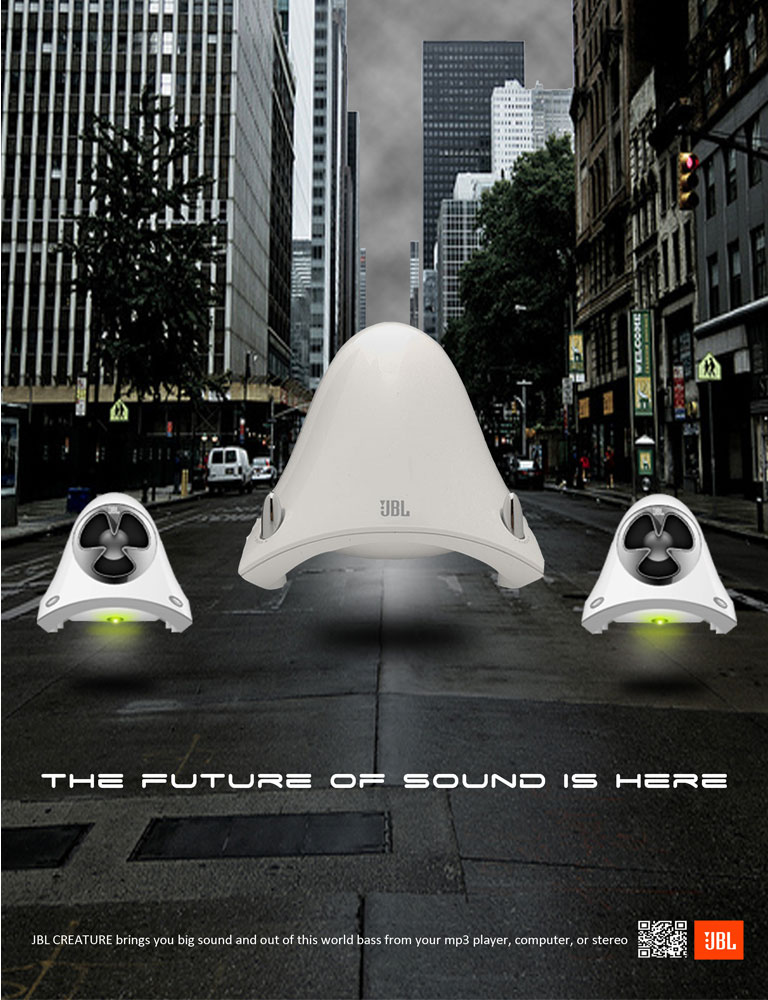Communication through languages is what makes us human. Take that from the equation, and things will be very much different from the world as we know it. Intuition, consciousness, and free-will are impossible concepts to discuss if it is not with languages. But all over the world, there are millions of language. Some were extinct, and some others have managed to retain their importance. Some share similar ancestry while some others are very distinctive from one to another. And in these gaps is where translation technology takes its role.

The awkward translation

Google launched its first translation service on 28 April 2006. It employed the outdated version of translation version, the statistical machine translation. Then on November 15, 2016, just two years ago, Google began using neural Machine Translation (MT). And as we know it, the machine is not adequate to translate a big chunk of languages, such as essays, research papers, and news. Technical vocabulary got an awkward direct translation, and a translated literary work was nearly impossible to understand. But it is going to change drastically very soon.
The dawn of artificial intelligence
Artificial intelligence (A.I.) has been a game changer in humanity’s development. It can gather extensive and holistic knowledge on a subject, which will give translation machine an evolutionary leap. Neural MT applies the principles of machine learning into processing a very big chunk of data. When the process gets faster, in theory, the machine can cover all languages in the world, and the translation will be much more accurate. A contextual speech will be understandable to the translation machine.
An A.I. is not only a robot with a human voice. The processing capacity allows the system to learn new language structures. The more the A.I. process language data, the more fluent and humane it will appear. Now imagine if the A.I. is integrated into the Internet. The digital entity will be the real omniscient being.
Linguists might change their specialization.
 In the next fifty years, language science will be very different. Once translation ability can be recreated by a machine, then language can be experimented and simulated. We will understand the ultimate question in language science, “How did we acquire language in the first place?” better.
In the next fifty years, language science will be very different. Once translation ability can be recreated by a machine, then language can be experimented and simulated. We will understand the ultimate question in language science, “How did we acquire language in the first place?” better.
Linguists might work as an archaeologist, reviving the lost and forgotten languages that can unlock the minds of the ancient civilizations. And as for the futurist, language researchers are most likely to focus on inventing new languages.…
Read More


